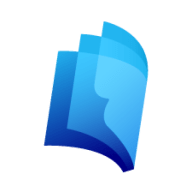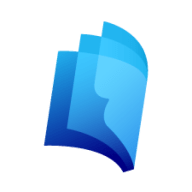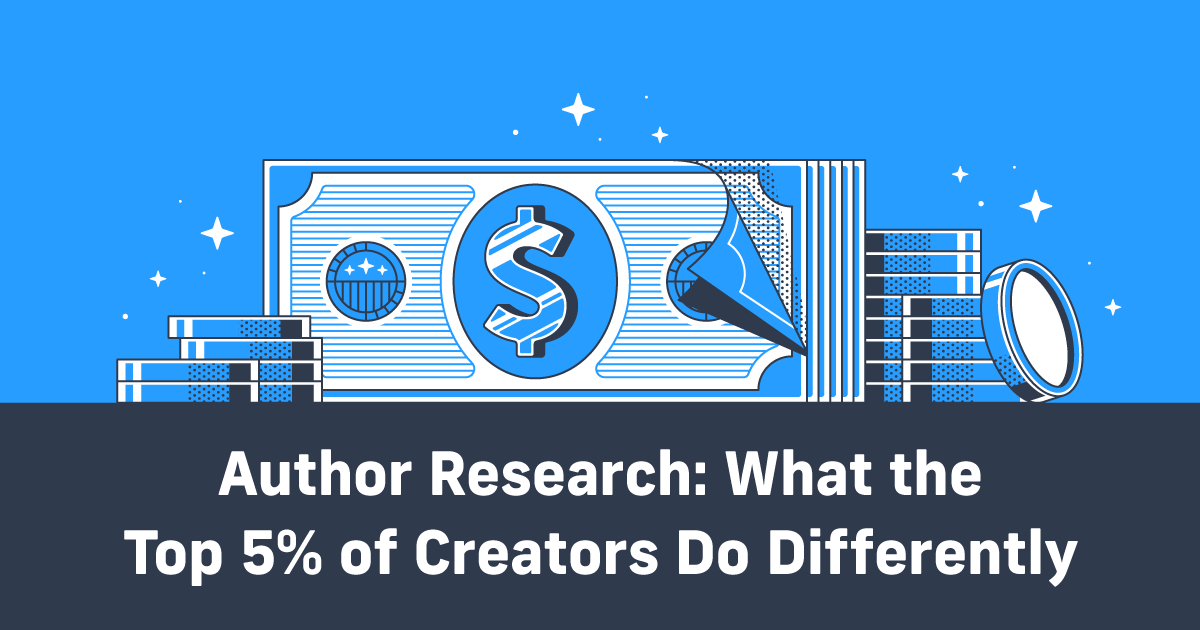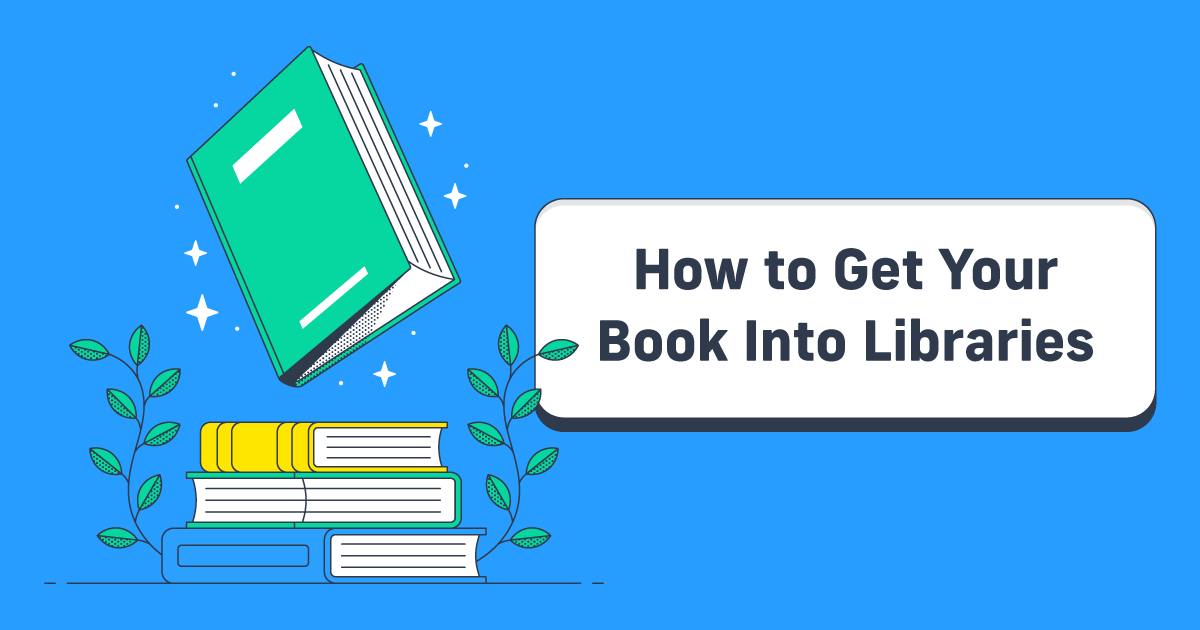Reading Goals for Authors
One of my favorite things to do every year is sit down and write out a list of…let’s not call them resolutions, because they’re not limited to January, but goals. Those goals often vary wildly in both subject and complexity, and my commitment to them varies just as much, but one goal is always consistent. Every year, without fail, I set myself a reading goal.
I know that for so many of us, it’s hard to compete with the variety of distractions and responsibilities of everyday life, especially for something as leisurely as reading. But I think it’s both doable and worth it, and hopefully, I can convince you too.
Why Should You Be Reading?
We’ve talked before about how to develop a good reading habit and why it’s important, but it always bears repeating: being an active reader is an essential part of being a strong writer.
That blog post, in particular, has already referenced this Jeff Goins article, but I really like this quote, so I’m going to bring it up again. “Nothing inspires a writer like reading someone else’s words.”
I can’t think of a better truth than that. The inspiration might take different forms—maybe you think “That was so beautiful, I want to try,” or maybe you think “That was mediocre, I can do it better.” Maybe you see a gap the author left in your field of expertise and you have the exact knowledge to fill that gap. Maybe it makes you competitive. However it works for you, the point is that it works. As Jeff Goins puts it, good writers read. If you want to be a good writer, you should be reading whatever and whenever you can.

But even beyond improving your skill as a writer, reading has been proven to benefit both your physical and mental health by strengthening your brain, increasing cognitive function, and reducing stress.
So clearly, for the sake of both your craft and your health, you should devote some of your time and energy this year to reading. Whether it’s reading one book, ten books, or one hundred books (yes, that is a thing people do, and yes, they are clearly insane), now is the perfect time to build up your reading habit and stick to it.
What Should You Be Reading?
Now that I’ve absolutely convinced you that it’s worth your time as an author to make an effort to read with purpose this year (yay!): what, exactly, are you going to read?
Read in Your Genre
First, and obviously, you should read books that are within the particular genre, field, or industry you’re writing and publishing in. Keep up with your contemporaries and competition, stay in the loop with what’s trendy, and see how other authors are approaching similar topics. Plus, reading and engaging with your peers and other readers is a fantastic way to grow your author network.
Reading within your genre—whether it’s fiction or nonfiction—is the best and most important time for an author to be an active and engaged reader. Pay attention to things like:
- What made you choose to pick up this book, out of all possible options, and how can you recreate that with your own book?
- Is there a noticeable trend in the cover design of recent books in your genre?
- How does the author handle things like past tense vs. present tense, passive vs. active voice, chapter structure, etc., and how do those choices resonate with your reading experience?
Read For Fun
Reading shouldn’t feel like homework. That’s a hill I’ll die on another day, but for now, let’s just say that it’s important to not burn out by only reading books that relate to your project. In fact, some authors prefer to read outside of their given genre while writing; I know plenty of authors that will only read fantasy when they’re working on contemporary fiction, or only read nonfiction when they’re working on fantasy, etc.
So while it’s definitely important to read books related to your field, it’s equally important to make sure you’re also reading for fun, whatever your definition of reading for fun may be. And hey, if your definition of reading for fun includes falling back on reliable favorites that you’ve already read but want to revisit? That’s great! You’re not “cheating” by rereading a book you already know and love. In fact, rereading a beloved book can offer great new perspectives. Go ahead, take the excuse, guilt-free—go reread that book. You know you want to.

Your Free Lulu Account
Create a Lulu Account today to print and publish your book for readers all around the world
Challenge Yourself To Read Outside Your Comfort Zone
If you really feel like stretching your reading muscles, try reading outside your wheelhouse. There are plenty of arguments for why we should all be reading books by authors of other races, ethnicities, countries, sexual and gender identities, ages, and communities; books are the best window into another person’s life experience.
For a little bit of guided help on branching out with your reading this year, look into online reading challenges. Book Riot does an excellent annual reading challenge called Read Harder that includes prompts like “read a non-European novel in translation” or “read a book in any genre by a POC that’s about joy and not trauma.” PopSugar lets you get really creative with their prompts like “a book with an oxymoron in the title” or “a book with a misleading title.”
And hey, if you want to start small, you can always make your own challenge. I’ve always set myself a “total books read” goal but I have never been big on challenges before. Lately I’m challenging myself to put a dent in my massive To Be Read list – for every new book I buy, I have to read three books I already own.
How Can You Read It?
We’re ready to go, committed to our reading goals, found some books we want to read…but hey, last time I checked, we were still in the middle of a pandemic. This may impact your ability to get to bookstores or libraries to pick out a new book. And even if you can get there, supply chain breakdowns and shipping delays have left many booksellers around the country severely understocked. Plus, not for nothing, buying books can get pretty expensive, especially when they start to pile up. Sometimes it’s hard to justify taking a gamble on an expensive book that you may not like, especially if it’s one outside your usual reading material.
Visit Your Local Library (Virtually)
If you aren’t already familiar with the apps Libby and Overdrive, now is the time to acquaint yourself with them. Both apps (they are technically just newer and older versions of the same app) allow you to log into your local library’s network of ebooks and audiobooks and access that entire database of books directly from your phone or device. Don’t have a library card? No problem—depending on your library, you can either sign up for one directly through the app, or be redirected to your library’s site and sign up there.

Audiobooks Are Awesome
Now is also a great opportunity for me to hop up on my audiobooks soapbox. Reading a book is my favorite activity in the entire world, but it can be so hard to justify taking the time out of my day to sit down with a book. Audiobooks can be a fantastic way to get the best of both worlds—listen while driving, running errands, cooking, getting housework done, whatever works for you. Seriously, my home is never cleaner than when I’m working my way through a really good audiobook trilogy. Plus, with Libby and Overdrive, you can access an entire library of audiobooks (literally) for free.
Shop Indie
If you prefer to buy your books instead of borrowing them, many, many local indie bookstores have shifted to online sales in the last year. A few of our community favorites, like Quail Ridge Books in Raleigh and Letters Bookshop in Durham, fulfill orders directly. If your local indie hasn’t moved online, or you’re looking for books that might not be in a brick-and-mortar store’s inventory, we’re also big fans of Bookshop.org.
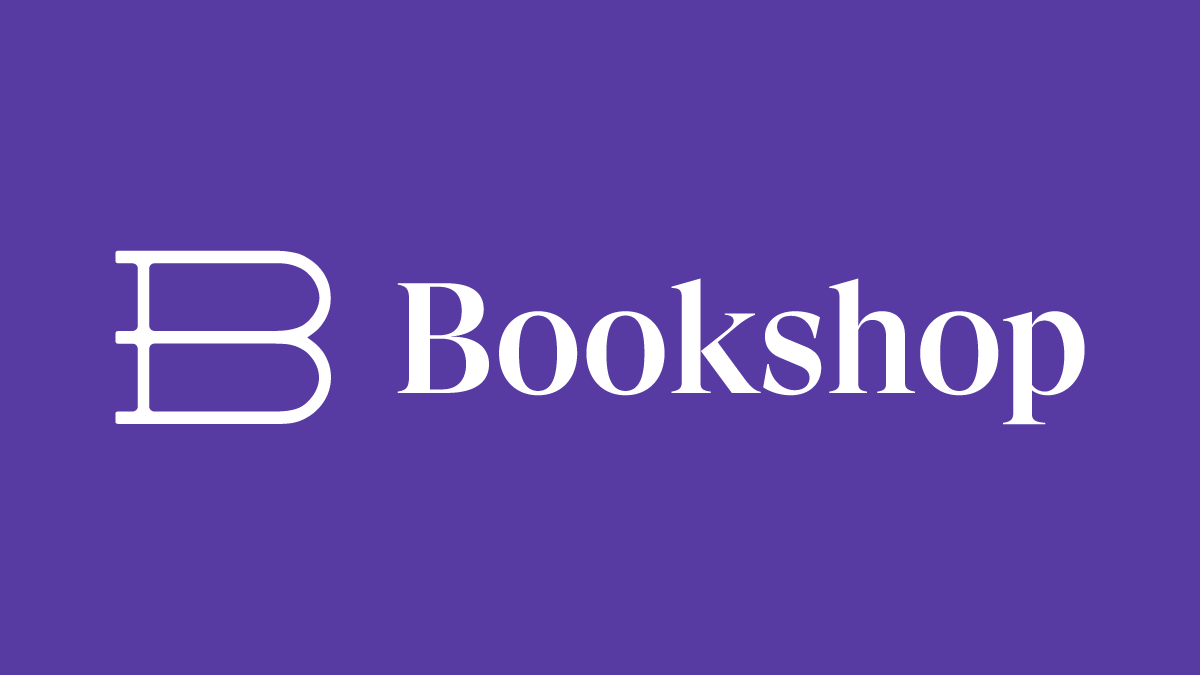
How Can You Track Your Progress?
As an extremely type-A neurotic personality, I love data and structured guidelines. If you, like me, get your kicks from writing down and crossing off your daily to-do list, delight in physically tracking and seeing progress toward your goals, and love the satisfaction of seeing the results of your achievement, a reading log is for you. Plus, tracking your progress toward a goal is a fantastic way to establish a habit that sticks.
Reading logs, in all forms, are a fantastic way to keep track of what you’ve read, what you would like to read, and what progress you’ve made toward your reading goals. The best part is that depending on how you like to track your progress, you have plenty of options:
Online Reading Logs
Goodreads is hands down the most popular reading log on the internet and in the app store today. If you’re unfamiliar, Goodreads is a comprehensive database of books that allows you to add books to custom virtual shelves (the defaults are Read, Currently Reading, and Want to Read, but you can add as many as you like), track and review books you’ve read, connect with other readers, browse new books, and more.
If you prefer your reading log to be less under the thumb of Amazon, I would highly recommend The StoryGraph. The StoryGraph is a fantastic new platform similar to Goodreads with a much more nuanced rate/review system and a much more varied (and less influenced by paid promotion) book recommendation system. The community-based features on StoryGraph are not as strong (yet) as Goodreads, but if you’re just looking for an online option for keeping track of the books you read this year, definitely check it out.
If you’re curious about Goodreads and (or!) The StoryGraph, I took a more in depth look at both platforms in this post, check it out!
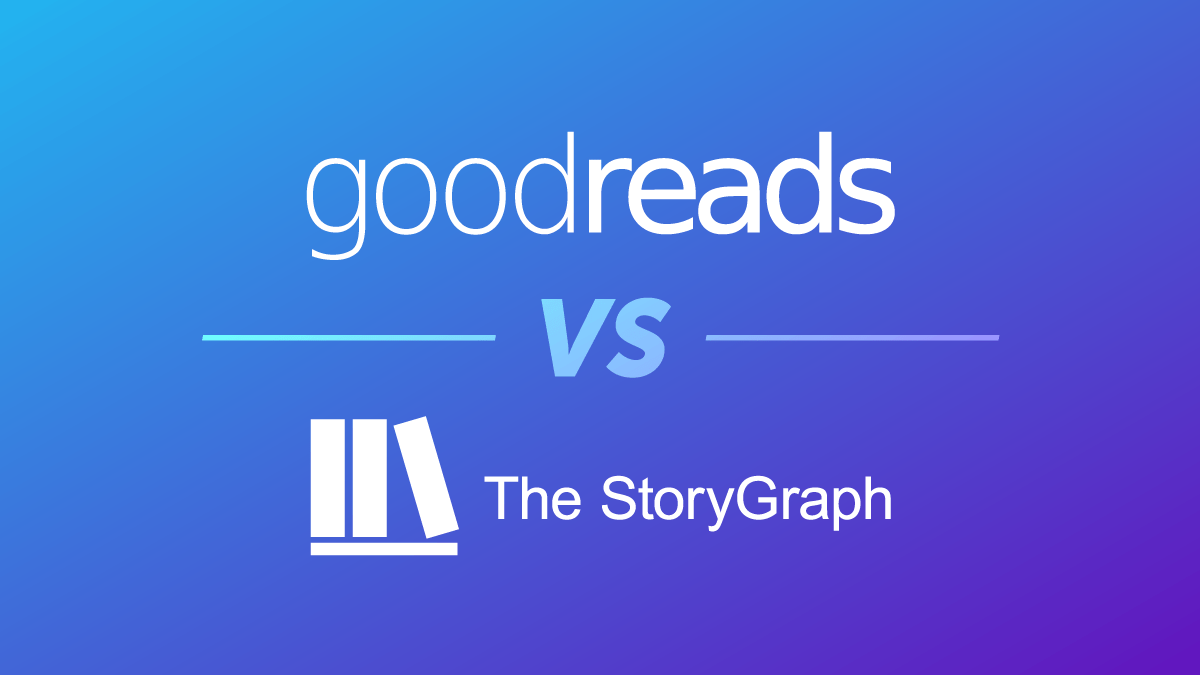
Apps
Technically Goodreads and The StoryGraph both have apps, but if you’re really committing to a daily reading habit there are habit-tracker apps devoted specifically to helping you track and reach your reading goals for the year. Bookly and Read in particular allow you to set up daily, monthly, and annual reading goals and you can opt-in for daily check-ins on your progress.
Reading Journals
Sometimes checking a task or accomplishment off on a laptop or phone just isn’t as satisfying as really writing it down. We’ve written before about the benefits of journaling for writers—I’m going to add a particular shoutout to reading journals. If you prefer to keep track of your goals and achievements with a pen and paper, check out some of these great reading journals created by Lulu Authors.
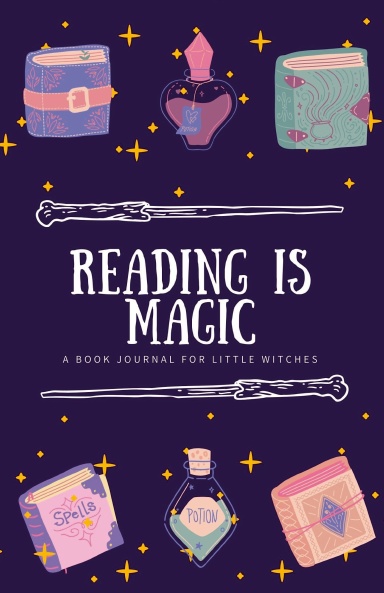
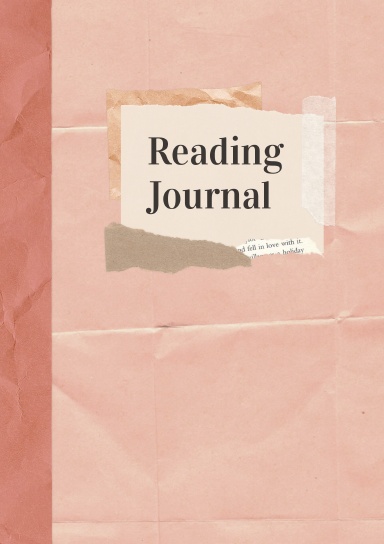
Or if you prefer a simple style that you can customize, consider a bullet journal! It’s super easy to print your own bullet journal with Lulu—just download one of our “dot grid” templates, use our Canva tool to create a fun cover design that matches your vibe, and viola, a custom book journal!
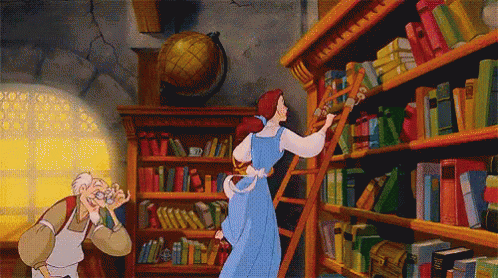
Looking for more book recommendations? Follow Lulu on Facebook, Twitter, and Instagram! We’re always sharing books we love by Lulu Authors, in a wide range of genres, styles, and voices. Come say hi and let us know what you’re reading!


